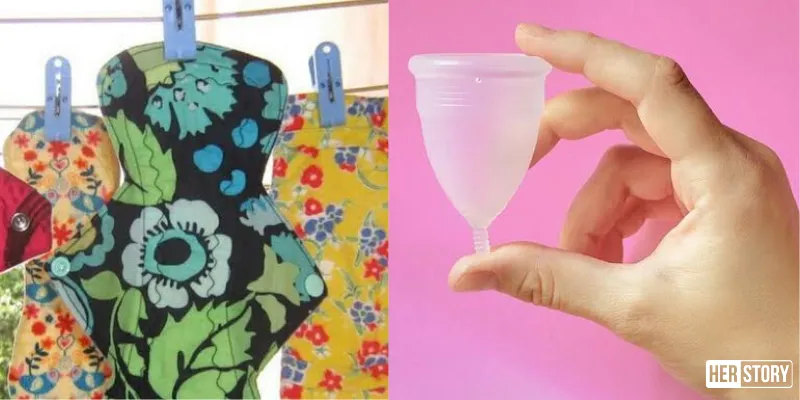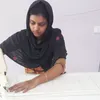Kerala's Muhamma set to become first synthetic pad-free village in India
The gram panchayat in Muhamma, Kerala, in a bid to tackle menstrual waste, is distributing eco-friendly alternatives like cloth pads and menstrual cups.
Muhamma village in Kerala is set to become the first synthetic pad free village in India. Muhamma, Alappuzha district, is making a switch to eco-friendly menstrual alternatives like cloth pads and menstrual cups.
The programme was launched by P. Thilothaman, the Food and Civil Supplies Minister, on December 27. The gram panchayat plans to distribute cloth pads and menstrual cups to women in the village in the next two months.
ASHA (Accredited Social Health Activists) will visit homes in the village to spread awareness about sustainable menstruation. They will also organise camps and classes in schools.

In a bid to tackle the menstrual waste and help protect the soil and water in the village, the gram panchayat will distribute four cloth pads and one menstrual cup to women in the village at a nominal price. Prior to this initiative, Alappuzha municipality had distributed 5,000 menstrual cups to women free of cost to encourage women to switch to sustainable menstruation products.
Gram panchayat president J Jayalal says, “We are generating one lakh synthetic sanitary pads on a monthly basis. We understood that it is a severe threat to soil and water. So, in order to overcome this, we have come with this eco-friendly alternative.”
One cup can replace more than 750 sanitary napkins and can be used for up to five years. A cloth pad can be reused for three to four years and using cloth pads and cups minimises health issues, said officials.
“We have learnt that the plastic content in a packet of sanitary napkins is equal to four plastic carry bags. So, what is the point in banning plastic carry bags? That is how we decided to begin with napkins,” said Jayalal.
“We are sure that once these napkins and menstrual cups are distributed, we can totally turn into a synthetic napkin free village. People were not aware of it earlier. It was easy to provide awareness to school-going girls. We have also asked them to persuade others at their home to switch to environment-friendly napkins,” Jayalal added.
The project is a part of Muhammodayam, a joint initiative between the gram panchayat and Ashoka Trust for Research in Ecology and the Environment (ATREE), which aims to conserve the Vembanad Lake ecosystem through sustainable livelihoods and management of natural resources.
The initiative is funded by Antrix Corporation, the commercial arm of the Indian Space Research (ISRO), through its CSR (corporate social responsibility) activities and the Health Department.
(Edited by Saheli Sen Gupta)










